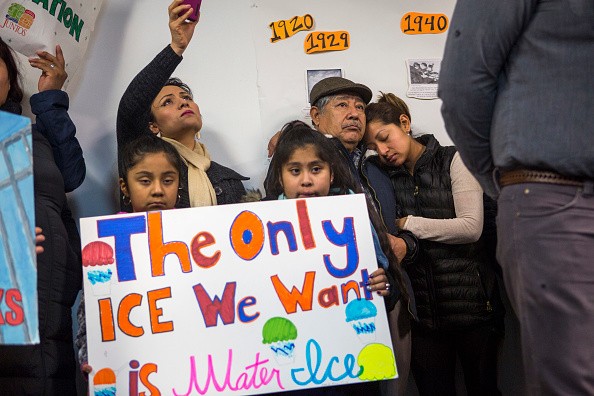Latino vs. Hispanic: What's the Difference and How to Use Each Term Properly
Most of the time, Hispanic and Latino are used interchangeably, but these terms mean two different things.

According to the HNmagazine, Hispanic pertains to people who could speak Spanish and/or are descended from Spanish-speaking populations.
Latino, on the other hand, refers to individuals who come from or descendants of people from Latin America.
These terms are often used to describe race and are often thought of as racial categories in today's generation, the same way we also use Black, Asian, and White.
But the populations described are composed of different racial groups. Therefore, using them as racial categories is inaccurate.
These terms are crucial as identities for many communities and people. The government also used them to study the population, by researchers of many disciplines to study economic, social, political trends, and the law enforcement for crime and punishment.
So, it is critical to understand their literal meaning, how those ways differ from how people use them socially, and how the informal state ways use them.
Hispanic: Meaning and origin
In a literal sense, Hispanic refers to Spanish speaking or descended from Spanish speaking lineage, as per HNMagazine. This English term came from the Latin word "Hispanicus," which refers to people living in Hispania- the Iberian Peninsula in today's Spain.
The term refers to an identity category and element of culture since Hispanic refers to what language people speak or that their ancestors spoke. But people of different ethnicities can also be recognized as Hispanic, so it is broader than race.
Latino: Meaning and Origin
Latino is a term referring to geography, which is different from Hispanic, which relates to language. Latino is used to signifying a person from or descended from Latin America.
Latinoamericano is its original Spanish phrase, which means Latin American, in English. On a related note, Hispanic and Latino do not refer to race.
Anyone who came from Central or South America and the Caribbean can be categorized as Latino. There are varieties of races within that group. Latinos could be Black, white, Asian, indigenous American, Mestizo, and mixed.
When to use Hispanic and Latino
According to Dictionary.com, many people who identify as Hispanic and Latino don't prefer the terms. More than half don't lean one way or another between Hispanic and Latino, a 2013 Pew Research Center study showed.
Almost half of Hispanic and Latino Americans prefer Hispanic to describe them among those who have a preference, while about a quarter prefer Latino. However, the most preferred descriptor is the person's specific country of origin.
A Pew Research poll in 2012 found that more than half most often use their descended country to describe themselves, such as Dominican, Cuban, or Mexican. Many Hispanic and Latino disagree on the matter of race, despite these cultural identifiers and labels.
Read also: 6 Things Only People Raised in a Latino Family Will Understand
Subscribe to Latin Post!
Sign up for our free newsletter for the Latest coverage!















